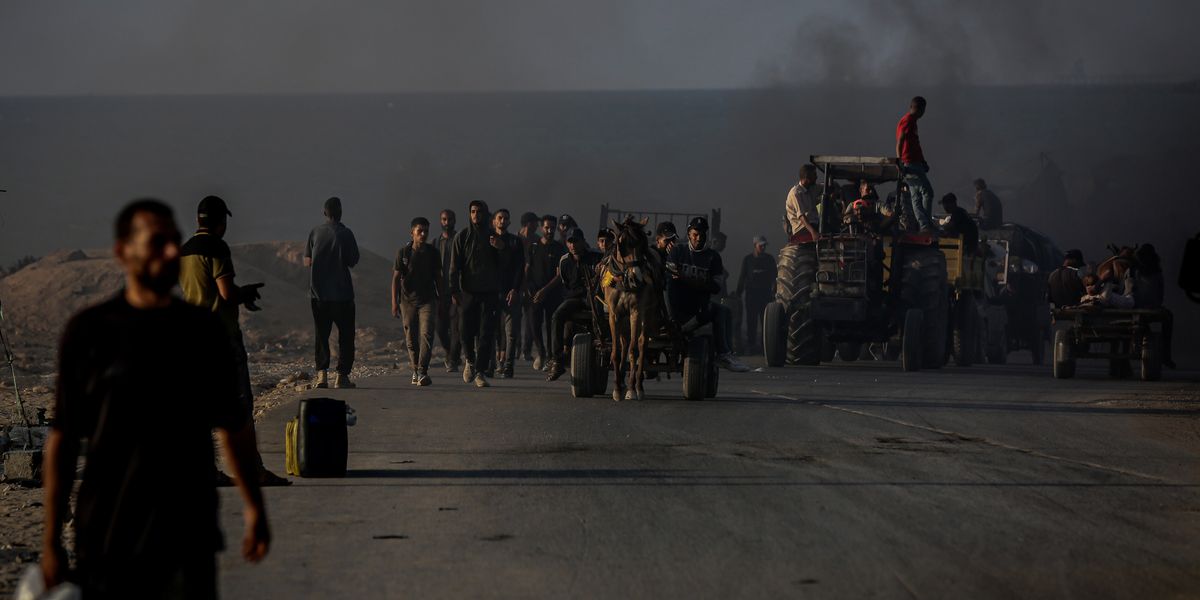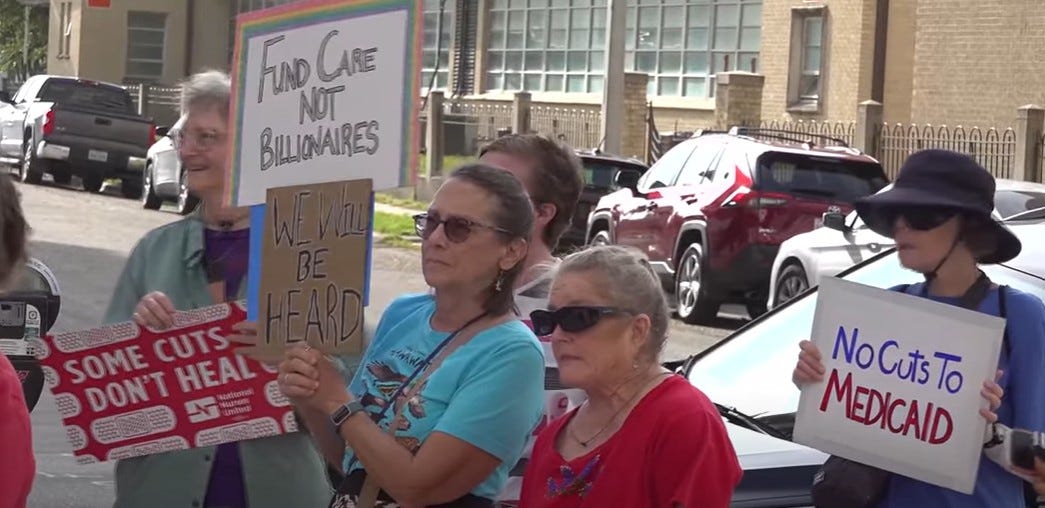Measures to block members of the Iranian regime from entering Canada that the federal government says it intends to pursue could include their family members, the immigration minister says.
Prime Minister Justin Trudeau announced last week that his government is taking steps to use provisions under the Immigration and Refugee Protection Act (IRPA) to make top members of the Iranian regime — including members of the Islamic Revolutionary Guard Corps (IRGC) — inadmissible to Canada.
Immigration Minister Sean Fraser said that ban could include the targeted individuals’ family members.
“It can be a little bit nuanced but to cut to the point — when someone is deemed inadmissible as a result of their connection to the regime, their family members can be deemed inadmissible as well,” Fraser told a press conference Thursday.
Fraser did say that there are some exceptions, such as when a family member is travelling on their own and is not complicit with the actions of the regime.
But Public Safety Minister Marco Mendicino said Canada is still working on gathering evidence to meet the legal threshold to apply the IRPA provisions to the regime.
“Right now, the Canada Border Services Agency is working assiduously to marshal the evidence to ensure we meet this threshold, as we are confident we will do,” Mendicino said during Thursday’s press conference.
When asked why the government didn’t gather the evidence before making the announcement, Mendicino danced around the question, instead pointing to what the government has done in the past when it comes to Iran.
Last week’s announcement came after immense pressure from both the Iranian-Canadian community and opposition MPs.
University of Ottawa professor Thomas Juneau told CBC that he got the sense that Trudeau’s announcement “was a bit rushed,” but he said it won’t be hard for the government to find the evidence it needs to enact the IRPA provisions.
“There’s no doubt that the IRGC has been directly responsible for mass atrocities inside Iran [and] outside of Iran,” Juneau said. “So yes, of course we want the government to do due diligence, but in this case we know what the conclusion will be.”
Prime Minister Justin Trudeau and Finance Minister Chrystia Freeland announced a new round of sanctions on Iran, banning the top 50 per cent of Islamic Revolutionary Guard Corps members from entering Canada.
However, Juneau said it could take months or even years for the government to fully implement the measures it says it intends to pursue.
Trudeau said last week that the IRPA provisions would affect the top 50 per cent of the IRGC — roughly 10,000 members — and would be permanent.
Former Canadian Security Intelligence Service officer Jessica Davis questioned the government’s ability to enforce the IRPA measures with the information currently at its disposal. Speaking to CBC last week, Davis said the idea that the government had enough information on 10,000 members of the IRGC is “far-fetched.”
Members of the Iranian diaspora community have said Canada is a haven for Iranians with ties to the regime who use the country as a place to launder money.
Opposition MPs and advocates also have been calling on the government to add the IRGC to Canada’s terrorist list – a move that could have serious criminal and financial consequences.
Under section 83 of the Criminal Code, it is an indictable offence to “collect property … provide or invite a person to provide, or make available property or financial or other related services” to a terrorist entity.
The designation also allows banks to freeze assets and permits police to charge those who financially or materially support such a group.

But Justice Minister David Lametti said adding the IRGC to the terrorist list would be a “blunt instrument” and would affect Iranians who don’t support the current regime.
“[The terrorist list provision does] not give us the precision we need to target the truly bad actors without catching innocent people as well,” Lametti said at the press conference.
Those individuals could include Iranians who were conscripted into the armed forces, or Iranians in Canada who send money to family members who have been conscripted.
Juneau said that even if the government added the IRGC to the list and then carved out exemptions for those who have been conscripted, it would be difficult to determine who would qualify.
“How do you actually verify that that individual qualifies for the exemptions? The requirements on the intelligence community would be completely unenforceable,” he said.















